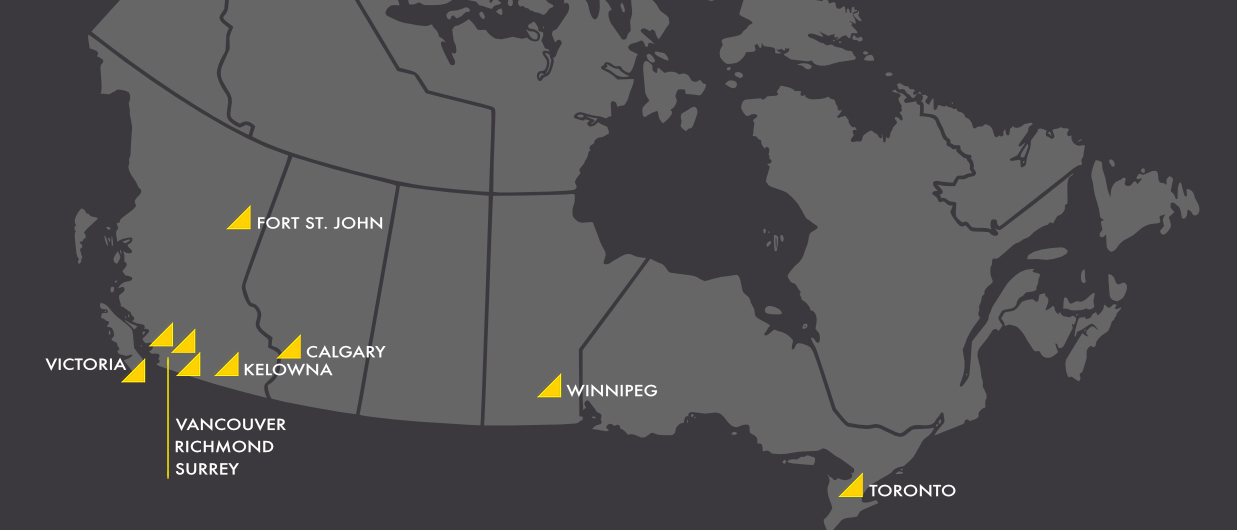
Our Covid-19 Child Travel Dispute Lawyers handle all time of child parenting time, vaccination and travel disputes. Omicron has ramped up health fears for parents and their children. When parents are separated these issues often reach a flashpoint and require a judge to decide issues. Lorne MacLean, QC and Sophie Bartholomew won BC’s first contested Covid-19 vaccination dispute case. Sometimes judge’s defer to the parents themselves. Check out our updated Covid vaccine dispute blog as well.
Covid-19 Child Travel Dispute Lawyers
1 877 602 9900
MacLean Law’s child parenting Covid-19 Child Travel dispute lawyers act across Canada.

Our savvy Covid-19 Child Travel Dispute Lawyers were interested to see a A New BC Court decision that left a child’s travel abroad in hands of father ( M.J.G v. M.M.C 2022 BCPC 3 ):
[9] The COVID-19 pandemic has affected the world since early 2020 with a variety of waves of illnesses due to different variants. In Hasan v. Hasan, 2020 BCSC 862, the Court noted that it could take judicial notice of government health guidelines. I determine the same can apply to government advisories regarding out-of-country travel in relation to COVID-19. The Government of Canada’s official website on COVID-19 addresses various travel health notices on a four-point continuum. They include the following:
Levels of risk
Conditions in other countries may be different from those in Canada and may affect the health of Canadian travellers. For example:
– standards of hygiene and sanitation may be different
– safe food and clean water may be unavailable
– climate or environmental conditions may support certain diseases that do not (or rarely) occur in Canada
The Public Health Agency of Canada (PHAC) actively seeks to identify and evaluate information about new, unusual or rapidly evolving health risks. When necessary, PHAC releases Travel Health Notices outlining the potential risks to Canadian travellers and to the Canadian public, and recommends measures that can be taken to help reduce these risks.
Level 1 – Practise usual precautions
Travel health notices advise practising usual travel health precautions. For example, notices at this level may remind travellers about routine vaccinations, highlight the importance of hand washing, or recommend protective measures to avoid mosquito bites.
Level 2 – Practise special precautions
Travel health notices recommend that travellers practise special health precautions, such as receiving additional vaccinations. A notice at this level would be issued if there is an outbreak in a limited geographic location, a newly identified disease in the region or a change in the existing pattern of disease.
Level 3 – Avoid non-essential travel
Travel health notices include a warning to avoid non-essential travel in order to protect the health of Canadian travellers and the Canadian public. The notice outlines specific precautions to take when visiting the region and what to do if you become ill during or after travel. A notice at this level would be issued during a large-scale outbreak in a large geographic area, or if there is increased risk to the traveller and an increased risk of spreading disease to other groups including the Canadian public.
Level 4 – Avoid all travel
Advises travellers to avoid all travel in order to protect the health of the Canadian public. A notice at this level would be issued if there is a high risk of spread of disease to the general public regardless of measures taken while travelling. Avoiding travel will limit the spread of the disease in Canada and internationally.
[10] On December 15, 2021, the Omicron variant was placed on Level 3 for all countries.
[18] On the other hand, since the COVID-19 pandemic, courts have also recognized the concern surrounding out-of-country non-essential travel. In Grieder v. Zabinski, 2021 ONSC 3796, the Court said at paragraphs 25 through 27:
[25] As a general principle, the courts have been reluctant to suspend access or parenting time as a result of the COVID-19 pandemic. Numerous cases since the advent of the COVID-19 pandemic have recognized that while parenting and access rights must be exercised in a manner that follows the protective precautions contained within public health directives, there is a presumption that all court orders, including existing parenting arrangements and schedules, should be complied with. …
[26] That said, courts have been reluctant to require children to travel outside of Canada in the face of government protocols directing that non- essential travel outside of Canada be avoided. …
[27] The courts have expressed concerns with the potential health risks to the children as well as the requirement that children quarantine upon their return to Canada …
[19] In Onuoha v. Onuoha, 2020 ONSC 1815, the court said at paragraph 10:
… It would be foolhardy to expose the children to international travel in the face of the Travel Advisory, risking the restrictions and complications adverted to therein. …
[20] In Hasan v. Hasan, 2020 BCSC 862, the Court said the following in paragraphs 16, 37, and 53 in dealing with a similar issue:
[16] With respect to parenting arrangements, s. 37 of the Family Law Act, S.B.C. 2011, c. 25 … requires this court to consider the best interests of the children only. An order is not in the best interests of the children unless it protects, to the greatest extent possible, the children’s physical, psychological and emotional safety, security and well-being. …
[37] To the extent that it is necessary, I also take judicial notice of the fact that a variety of agencies and institutions, including the BC Supreme Court, have released well-publicized guidelines to address the risks posed by the ongoing COVID-19 pandemic. The global travel advisory issued by the Government of Canada advising against all non-essential travel outside of Canada, the fact that the RCMP and local police have been given powers to enforce the quarantine imposed by the federal government for people returning from international travel, and the extremely stiff penalties for breaking self isolation orders are all indicative of the seriousness of the potential risk of contracting or transmitting coronavirus. …
[53] Arriving at an order that adequately protects the children from real risk of harm, while respecting the autonomy of a parent to freely travel with their child, is a delicate balancing act. The goal is not to eliminate all risk, but to bring the risk to an acceptable level, recognizing that the best interests of the child require consideration of not only the physical health, but also the emotional well-being of children. …
[21] All of the cited decisions were made before the Omicron variant became prevalent in Canada and internationally. Public health authorities advise that Omicron is much more contagious than the previously predominant Delta variant. The case numbers for Omicron variant are skyrocketing in recent weeks in all age groups and in all parts of the world. The mortality rates arising from Omicron are, at this point in time, uncertain.
What Did Judge Breknall Do On Travel?
Our Covid-19 Child Travel Dispute Lawyers knw that travel disputes involving children are evolving as fast as the Covid-19 variants areis and the vaccines and public policy protections adjust to combat infections and to keep people safe. At the present time OMINCRON is spreading rapidly and Courts are adjusting their responses too.

Interestingly, the judge gave the father the power to agree or veto the trip.
[22] It is in that context that I must consider M.M.C.’s proposed travel plans to Jamaica. In doing so, I consider her plans from both a subjective and objective perspective. From M.M.C.’s subjective perspective, she sees it as very important that the Child be able to participate in what will be a very important family reunion, albeit in melancholy circumstances. If there were no travel advisories in place, her proposal would likely meet with court approval as being in the child’s best interest as defined in s. 37 of the Family Law Act even in the face of any objections by C.M.J.G. I must also consider the objective perspective because an order affecting the Child will not be in the child’s best interest unless it protects, to the greatest extent possible his physical, psychological, and emotional safety, security, and wellbeing.
[23] The parties want the Court to make an order confirming or denying M.M.C.’s travel plans. When considering that responsibility and taking into account: (a) the information provided by the parties; (b) various government advisories and recommendations; and (c) the case authorities, I conclude that the child’s best interests would not be served by me ordering C.M.J.G. to complete travel consent documents other than what was necessary for the Child’s passport application.
[24] I am not prohibiting M.M.C. or anyone else other than the Child from travelling to Jamaica. I am not prohibiting the Child from travelling to Jamaica. What I am doing is leaving the decision to C.M.J.G., as a guardian, to determine whether he will complete the travel consent letter. If he does not wish to sign what is necessary for the Child to travel to Jamaica, that will be his prerogative. In doing so, he must consider only the Child’s best interests regarding not only this travel, but any future travels he may contemplate with the Child. He should inform M.M.C. of his decision immediately so that her planned trip to Kelowna to obtain the Child’s passport can be either confirmed or avoided.
Covid-19 Child Travel Dispute Lawyers 1 877 602 9900
An Ontario Justice recently barred travel by a separated father with a child to Greece when the mother refused to sign a travel authorization fearing OMICRON infection.
If you need the help of Covid-19 Child Travel Dispute Lawyers, contact our family lawyers across Canada.








